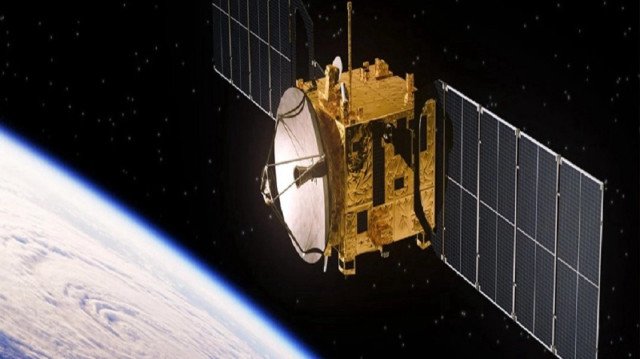
Satellite to strengthen country's disaster management efforts by providing timely warnings for floods, landslides, and earthquakes
Pakistan on Thursday launched an advanced remote sensing satellite from China's Xichang Satellite Launch Center, marking a major milestone in the South Asian country's space program.
The satellite will utilize cutting-edge imaging technology to support various national applications, including disaster management and agricultural monitoring across the country, the Pakistan Space and Upper Atmosphere Research Commission (SUPARCO) said in a statement.
This is Pakistan's second remote sensing satellite. The first remote sensing satellite system (PRSS-1) was launched in July 2018 from the Jiuquan Launch Site Center in China.
The latest launch will significantly enhance SUPARCO's Earth observation capabilities, in addition to supporting a wide range of national applications, including precision agriculture to boost crop yields, monitoring infrastructure growth and urban sprawl, and enabling regional planning.
It will also strengthen disaster management efforts by providing timely warnings for floods, landslides, and earthquakes, while tracking glacier recession and deforestation, the statement said.
In addition, the satellite will support national development initiatives such as the multi-billion-dollar China-Pakistan Economic Corridor project by mapping transportation networks and identifying geohazard risks.
"Its data acquisition capabilities under various environmental conditions make it a vital asset for environmental monitoring and resource management," the statement added.







